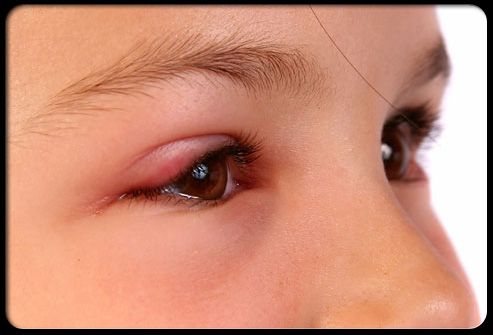New publications
What is conjunctivitis and how to deal with it?
Last reviewed: 01.07.2025

All iLive content is medically reviewed or fact checked to ensure as much factual accuracy as possible.
We have strict sourcing guidelines and only link to reputable media sites, academic research institutions and, whenever possible, medically peer reviewed studies. Note that the numbers in parentheses ([1], [2], etc.) are clickable links to these studies.
If you feel that any of our content is inaccurate, out-of-date, or otherwise questionable, please select it and press Ctrl + Enter.
Conjunctivitis is an unpleasant disease caused by a bacterial or viral infection. In this case, the transparent membrane of the eye - the conjunctiva, which covers the inner surface of the eyelids and the whites of the eyes - becomes inflamed. Conjunctivitis can also be caused by allergies, the action of toxins, or other diseases against which it develops.
Is conjunctivitis contagious?
Both viral and bacterial conjunctivitis are highly contagious. The infection is easily spread by dirty hands or by using a patient's personal hygiene item. It is also spread by coughing and sneezing. Conjunctivitis that is the result of an allergic reaction or poisoning with toxic substances is not contagious.
Redness of the eyes
The characteristic signs of conjunctivitis are redness of the eyes or ocular hypermia. Proper treatment can quickly and effectively eliminate this problem.
Red swollen eyelids

Swollen eyelids are often seen with allergic and bacterial conjunctivitis. These symptoms usually appear in both eyes at once. With viral conjunctivitis, one eye is affected first, then the other.
Lachrymation
A symptom of allergic or viral conjunctivitis is profuse tear production.
Discharge from the eyes
Heavy yellow-green discharge is a sign of bacterial conjunctivitis, while watery discharge indicates that the cause is viral or allergic conjunctivitis.
Eyelid sticking
Sticky eyelids indicate that a person is suffering from bacterial conjunctivitis. Usually after sleep it is very difficult to open the eyes due to the accumulated secretions of the inflamed mucous membranes. There is no such effect with viral conjunctivitis.
 [ 4 ]
[ 4 ]
Something in the eye
The sensation of something foreign in the eye, which is accompanied by unpleasant and painful sensations, is a sign of bacterial conjunctivitis.
Conjunctivitis is a sign of a serious illness
Chronic conjunctivitis can be a sign of diseases such as systemic lupus erythematosus, Kawasaki disease, rheumatoid arthritis, and inflammatory diseases of the gastrointestinal tract.
 [ 5 ], [ 6 ], [ 7 ], [ 8 ], [ 9 ]
[ 5 ], [ 6 ], [ 7 ], [ 8 ], [ 9 ]
How to cure conjunctivitis?
- Viral conjunctivitis usually “lives” from 4 to 7 days and does not require treatment; you need to wait until its life cycle is complete.
- To treat bacterial conjunctivitis, ointments, tablets or antibiotic drops are prescribed.
- Also, some types of conjunctivitis caused by viruses go away when taking antiviral drugs.
- Allergic conjunctivitis will go away once the cause of the allergic reaction is eliminated.
- If conjunctivitis is caused by chemicals, you should immediately contact a specialist to ensure there are no complications.
How to avoid infecting others?

Infectious conjunctivitis quickly finds a new victim, so the patient should not touch his eyes with his hands and use common towels. Bed linen should be changed every day, and countertops and sinks should be disinfected. All cosmetics that were used during the illness should be thrown away.
